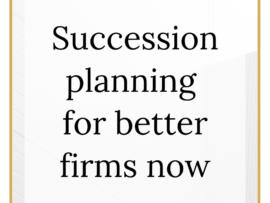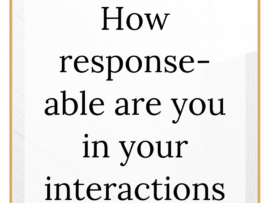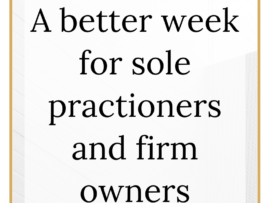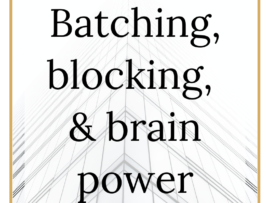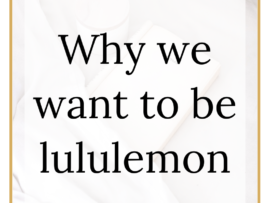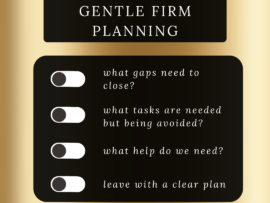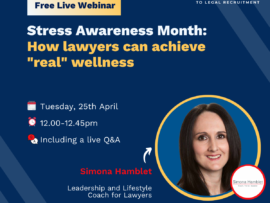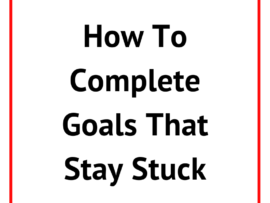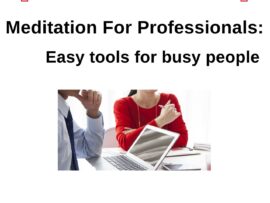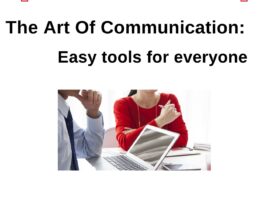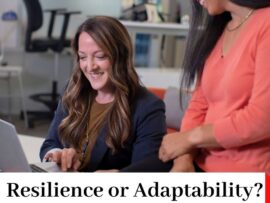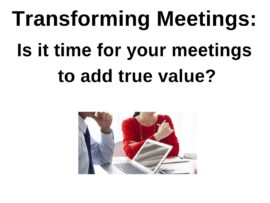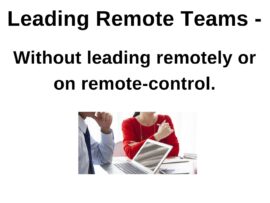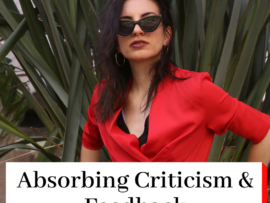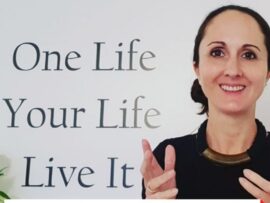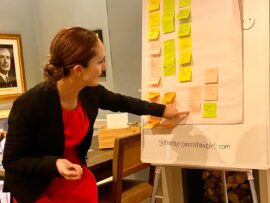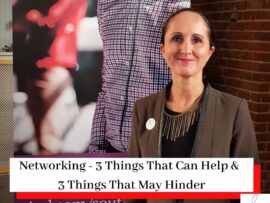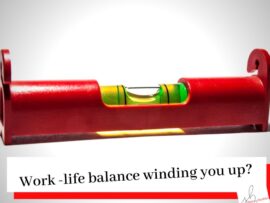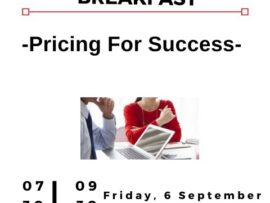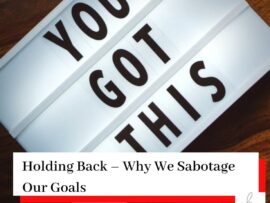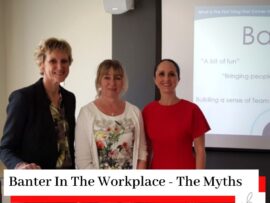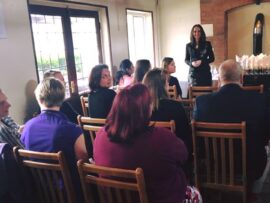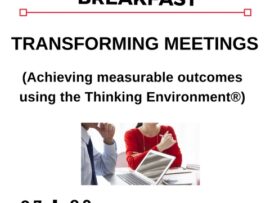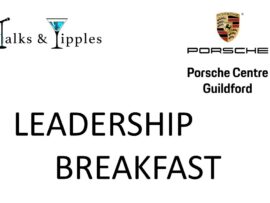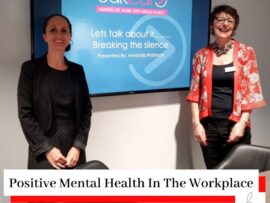Radical Candor for Leaders & Effective Feedback
0 CommentsRadical Candor for Leaders for Effective Feedback
Every month I host a Leadership Breakfast (Talks & Tipples), where we run interactive and practical talks on a series of leadership and business topics.
This month our guest speaker was Ian Crocker, owner of Absolute Learning.
The topic – How to use Radical Candor in giving feedback to improve relationships and maximise our impact as leaders!
Here are the top takeaway’s from today’s session:
Kim’s Scott’s Management Philosophy
Build radically candid relationships – build trust and trusted relationships, so that you can have candid relationships.
Get, give, and encourage guidance – Kim Scott refers to guidance and bosses (as opposed to mentoring and coaching, or leadership and management). Bosses are responsible for guidance, team, and results.
Understand what motivates each person in your team – we are often brought up with the saying ‘treat others how we wish to be treated’. The reality is what excites and motivates us does not necessarily work for others. Moving away from using ourselves as a point of reference. Treat others how they wish to be treated.
Drive results collaboratively – a bigger focus on team, versus individual.
The Four Types of Feedback
Kim Scott refers to a box mode based on care personally and challenge directly. This leads to the following four approaches:
Ruinous Empathy (towards care personally, away from challenge directly) – they care a lot, but if something needs to be said, they are unlikely to say it.
Manipulative Insecurity (away from care personally and challenge directly) – less caring, aren’t particularly concerned about feedback is received, and are lacking in skills in how to deliver feedback effectively.
Obnoxious Aggression (further away from care personally and closer to challenge directly) – give direct feedback but without care of how it is delivered or received.
Radical Candor (towards both care personally and challenge directly) – it is clear they care and are candid in their conversations.
When we move to radical candor we create a culture where people feel cared for, supported, and guided. An environment is created that people can do their best in. And it isn’t only in teams, or up and down management. It extends to suppliers, providers, and beyond business into our own private relationships.
And it is relationships, not power, that drive things forward.
From the round the table discussion that followed, here were some further key highlights raised:
1 – some challenges of giving feedback can arise from lack of preparation for the meetings
2 – there may also be a lack of skill and mentoring on how to have these conversations [Author’s note – I often mention to clients that we need to be kinder to ourselves as we develop this skill. There seems to be a belief that we ought to somehow naturally excel at this skill, often without any teaching, guidance, or role models.)
3 – it remains a challenging area, even as we grow and learn, due to our dislike of conflict, facing strong emotions such as anger, and our fear of what may follow, such as awkwardness, vindictiveness, stonewalling, or other unpleasant behaviours by way of response. Our desire to avoid conflict and be liked, comes from numerous areas, but also historically our survival was based on fitting in and not be ousted from the ‘tribe’. However, a cultural change makes a significant difference, and in the most individuals have been grateful for the feedback when delivered well.
We then had a session with a series of thought provoking questions around feedback, and one key observation from this, was how strongly everyone recalled and appreciated feedback given well, and equally remembered feedback delivered in a less than helpful way.
What do we do now?
The two main areas of focus were:
1. Develop our skills to challenge directly, giving specific candid feedback
2. Care personally about all those we work with, and communicate that we care
Radical Candor continues to be a reflective and active topic and supports the growing choice of individuals and leaders to lead with authenticity and fairness. If you have read the book – let us know what your takeaway was or what you have learned by putting into practice.
Thanks to all that participated in the discussion.
Simona
.
.
If you feel that you would benefit from developing your skills or confidence in giving feedback, speaking with greater candor, discussing and reflecting on challenging conversations, or learning more effective ways on how to give feedback, please do get in touch simona@simonahamblet.com

